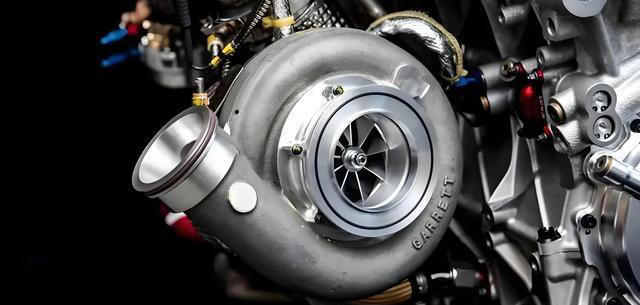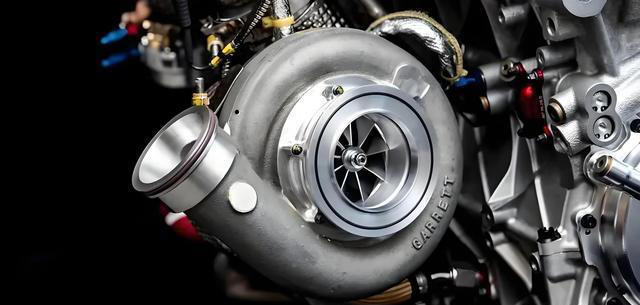Turbocharged engine: Why will a lifespan of 250,000 kilometers still become the mainstream of future fuel vehicles?
Oct 23, 2024

Turbocharged Engine: Why a 250,000 Kilometer Lifespan Will Still Make It the Mainstream of Future Fuel Vehicles
As the automotive industry continues to evolve, turbocharged engines are emerging as the dominant choice for many fuel-powered vehicles. While some drivers may be concerned about the lifespan of these engines—typically estimated at around 250,000 kilometers—turbocharged technology is set to become the mainstream for future fuel cars due to its efficiency, power, and environmental advantages.
1. Key Advantages of Turbocharged Engines
Turbochargers work by forcing more air into the engine’s combustion chamber, allowing for a smaller engine to produce more power. This technology enables significant fuel savings while delivering better performance, making it an ideal solution for reducing emissions without compromising power.
2. Balancing Power and Fuel Efficiency
Turbocharged engines offer a superior balance between performance and fuel economy. Compared to naturally aspirated engines, they deliver more torque and faster acceleration without increasing fuel consumption. This makes them particularly attractive to drivers who want better performance with fewer trips to the gas station.
3. 250,000 Kilometer Lifespan is Achievable
While the lifespan of a turbocharged engine is often quoted at 250,000 kilometers, this can be extended with proper maintenance and care. Regular oil changes, using high-quality oil and fuel, and ensuring the turbo system remains clean and well-lubricated can prevent premature wear, allowing the engine to reach or even exceed this mileage.
4. Market Demand and Environmental Regulations
As governments worldwide impose stricter emissions regulations, automakers are increasingly turning to turbocharged engines to meet these standards. These engines provide lower emissions and better fuel economy, helping manufacturers stay compliant. At the same time, consumer demand for cars that offer both performance and efficiency is growing, further cementing turbo technology as a future staple.
5. Maintenance Ensures Longevity
Proper care is essential to maximizing the life of a turbocharged engine. Regular maintenance—especially timely oil and filter changes—will help keep the engine running efficiently. Avoiding prolonged periods of high RPMs and ensuring that the turbocharger is adequately cooled down after driving are also key factors in prolonging the engine's lifespan.
Conclusion:
Even though turbocharged engines generally have a lifespan of around 250,000 kilometers, their powerful performance, fuel efficiency, and compliance with modern environmental regulations make them the likely future standard for fuel-powered vehicles. With proper maintenance, car owners can ensure their turbocharged engines deliver long-lasting, reliable performance well beyond the standard expectations. Turbo technology offers an exciting, efficient future for internal combustion engines.

